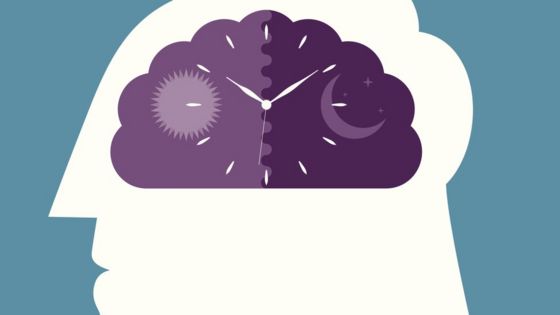
Three scientists who unravelled how our bodies tell time have won the 2017 Nobel Prize for physiology or medicine.
The body clock - or circadian rhythm - keeps us in tune with the movement of the Earth and drives huge changes in behaviour and how our bodies function.
The US scientists Jeffrey Hall, Michael Rosbash and Michael Young will share the prize.
The Nobel prize committee said their findings had "vast implications for our health and wellbeing".
The body clock is the reason we want to sleep at night.
But it also affects our mood, hormone levels, body temperature and metabolism in a daily rhythm.
The body clock so precisely controls our body to match day and night that disrupting it can have profound implications.
The ghastly experience of jet lag is caused by the body being out of sync with the world around it.
In the short term body clock disruption affects memory formation, but in the long term it increases the risk of diseases including type 2 diabetes, cancer and heart disease.
"If we screw that system up we have a big impact on our metabolism," said Prof Russell Foster, a body clock scientist at the University of Oxford.
He told the BBC he was "very delighted" that US trio had won, saying they deserved the prize for being the first to explain how the system worked.
He added: "They have shown us how molecular clocks are built across all the animal kingdom."
The trio`s work on fruit flies revealed how a molecular feedback loop kept time.
Jeffrey Hall and Michael Rosbash isolated a section of DNA called the period gene which had been implicated in the circadian rhythm.
The period gene contained instructions for making a protein called PER. As levels of PER increased, it turned off its own genetic instructions.
As a result, PER oscillates over a 24-hour cycle - rising during the night and falling during the day.
Michael Young discovered another gene, called doubletime, that worked to help the cycling levels of PER match a 24-hour cycle.
Together, they had uncovered the workings of the molecular clock inside the fly`s cells.


0 comments:
Post a Comment